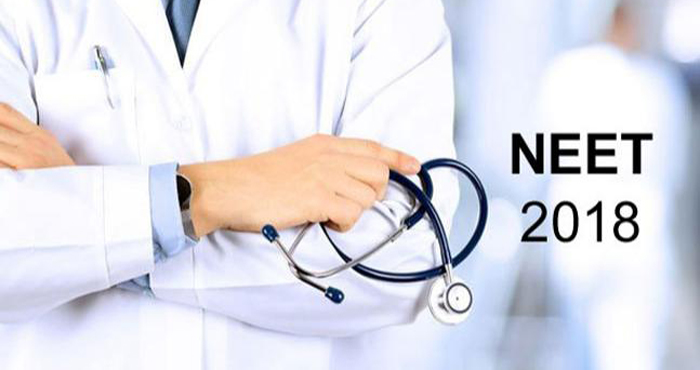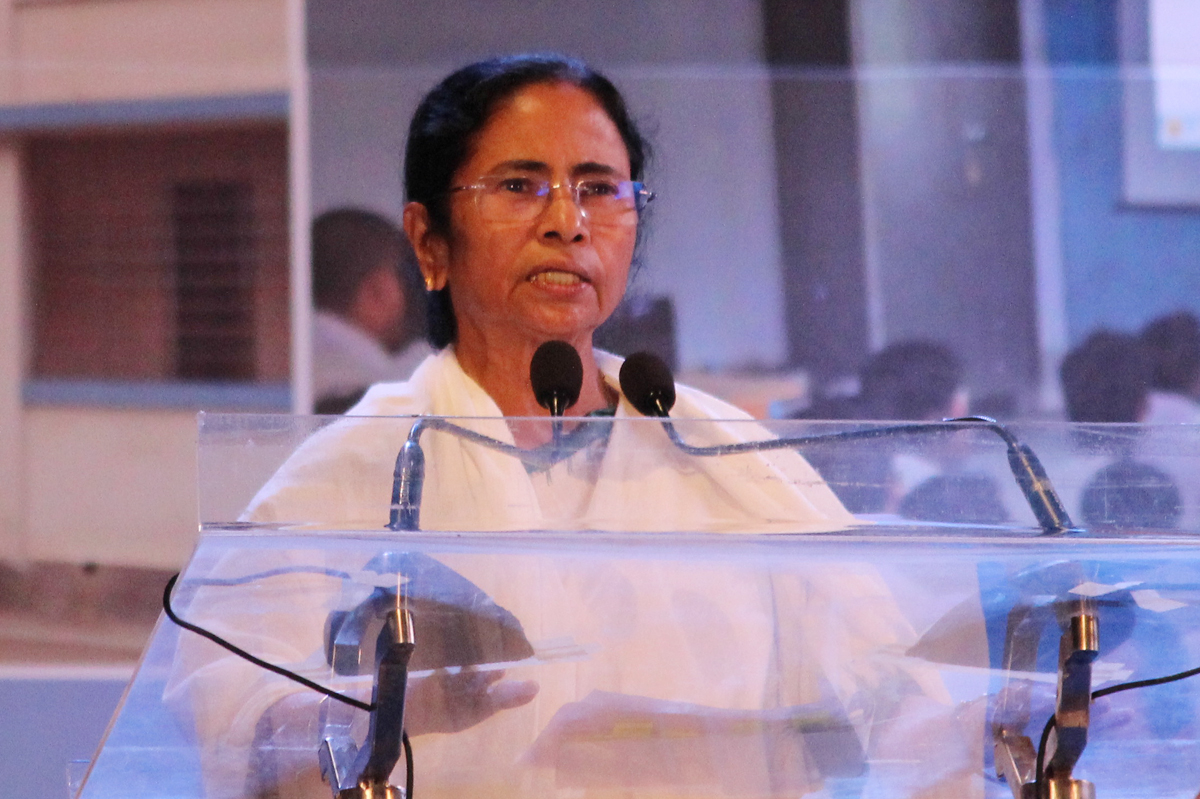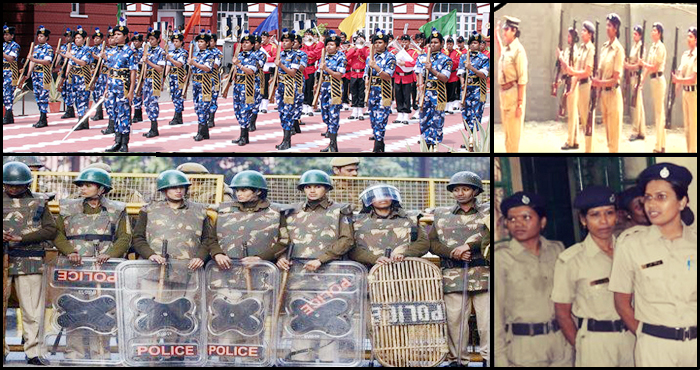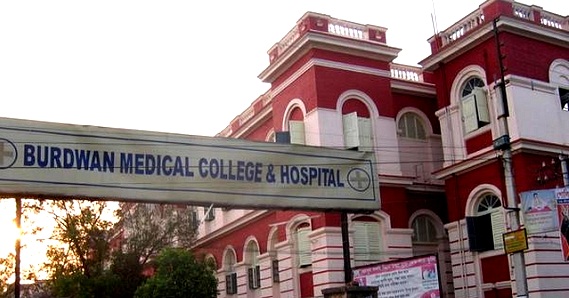Many students of Bengal appearing for the National Eligibility-cum-Entrance Test (NEET) 2018 were visibly upset on Sunday, May 6, as they found out that their question papers in Bengali were filled with errors and there were ambiguities in many of the questions. In many cases, there was no proper Bengali translation. Students lost precious time over spelling errors, bizarre words and translation errors.
Over 59,000 students appeared for the examination across the State. There was a palpable sense of anger and dismay outside the exam centres as the students who sat for answering it in Bengali felt they had been wronged. One student, on the condition of anonymity, said, “I have worked so hard to prepare for this exam. Now I feel all my work has gone down the drain. The Centre is penalising us students who have studied in State Board schools. ICSE and CBSE students are getting an unfair advantage while students who have studied in vernacular languages are suffering”.
Trinamool Congress, along with the DMK, were the first to strongly raise their voice over this issue in Parliament.
Trinamool’s Derek O’Brien addressed the HRD Minister and said, “This year in Bengal and Tamil Nadu, out of 56,000 people who took that exam, 40,000 wrote it in Bengali; they got a separate paper, and the results have been disastrous. Those boys and girls, in our two States of Tamil Nadu and Bengal have been deprived”.
In the previous year also there was a furore over the standard of the question paper in most vernacular languages, with the medical aspirants from Bengal and from some other States alleging that their questions were much tougher than the ones in made in English and Hindi.






